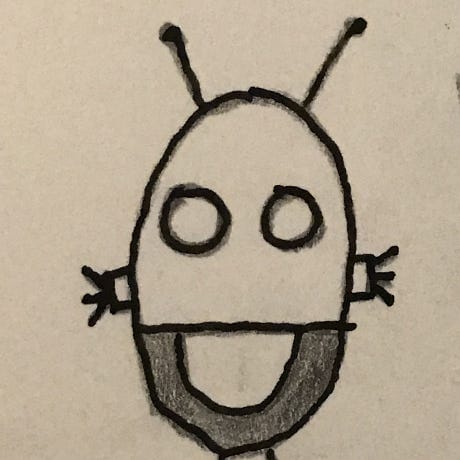THE MATH OF BEING HUMAN
The Killers asked 'Are we humans / Or are we dancers?' But what if we're just a bunch of numbers?

Are humans more than math? That’s the question we’re all asking in the age of generative AI hype, even though we may never string together those exact words in that exact order.
Weight and height are obvious numbers. Hair color can be easily converted to a number:
- Blonde: 1
- Brown: 2
- Dirty blonde: 1.5
Symmetry is an ideal pairing. A pair is two, a simple number.
That wonderful shade in that painting is no accident. It’s a hex code (#002F8B) or an RGB color code (rgb(0, 47, 139).
Complexion can be a scale. The same with opinions, many of which are binary.
Movie reviews may judge Good or Bad (another example of binary). Or two thumbs WAY UP. Or 4.7 stars out of 5.
That guy or gal you just swiped right on is a New York 6. But they’re an 8 in Dallas. And a 9 in the ‘burbs.
Laughter is measured in decibels. Success, in dollar signs and commas.
Your schedule—your deadlines and priorities and the rush to pick up your kids from school on time—it’s all math.
That flutter you feel when you see that certain someone—it can’t be quantified, right? But what about beats per minute? A hug: Pounds per square inch.
Is anxiety anything more than the number of times you bite your nail in a day? Every choice a binary: Yes or no, a one or zero.
The Prophets of AI argue that people can be reduced to simple math. It’s a viewpoint they want to be true because artificial intelligence is math. Quick and complicated math. But math nonetheless. And anything that can be quantified can be AI-ified.
Are we nothing more than math? I don’t know. But I’m certainly holding out hope that we’re so much more.